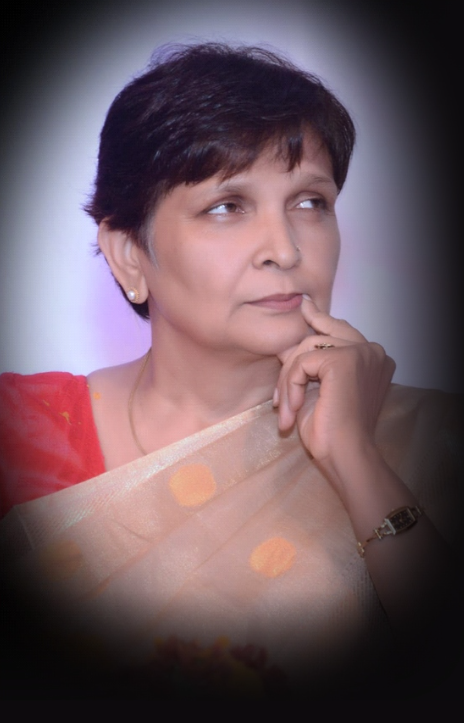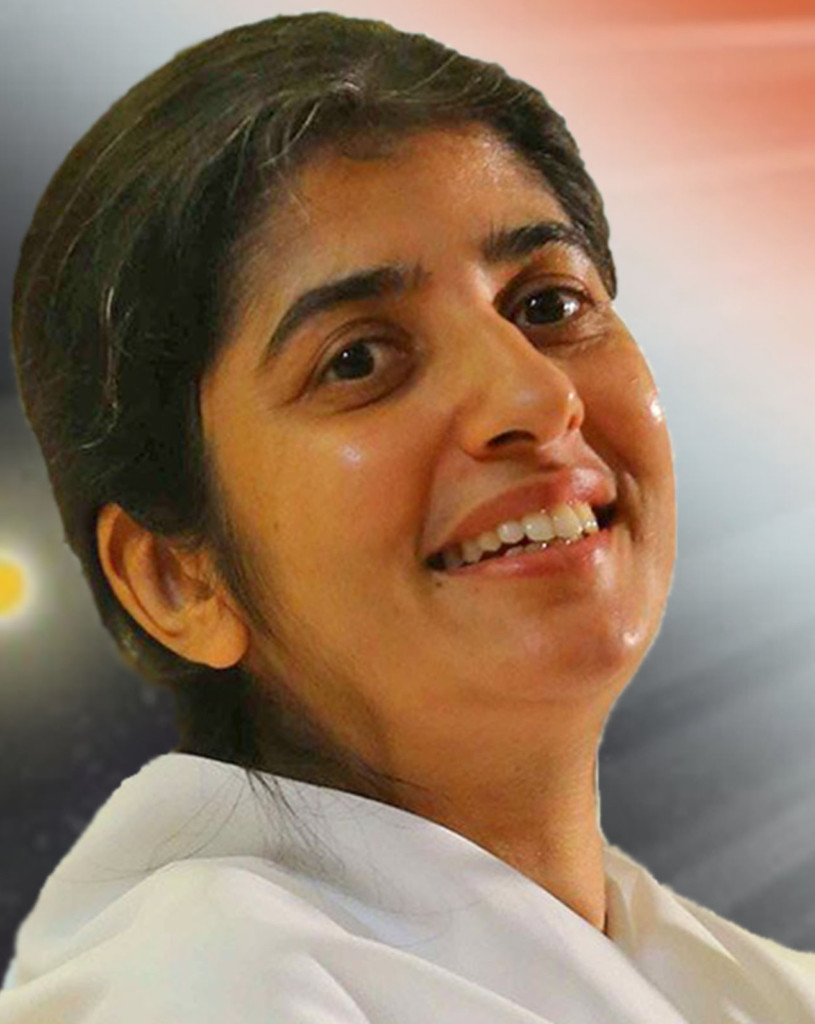Life is a many splendoured journey. As we plod through uneven terrain, the travels and travails of the journey enable us to pick up new ideas, drop some old perceptions, and recreate space for further evolution of thoughts. If we were not programmed to do so, we would go through the motions of living but remain with fossilised and cluttered thoughts.
In the year 2008, when directions arrived for the forty-hour training in Mediation, it brought with it a plethora of emotions. The joy of looking forward to sharpening skills and catching up with the gossip of old colleagues was sprinkled with morose thoughts of eight hours of sitting at a desk for five days. We were filled with trepidation and wondered what lay in the simple provisions of Section 89 CPC which called for the five-day setup!
Soon we were face to face with our erudite trainers from MCPC, a strange combination of self-discipline, immaculate in the choice and timing of words and above all equipped with the fine quality of bringing out the best in each of us.
As the saying goes, the receptacle must always have space to toss in some new ideas and the trainers sure enough deciphered that space. What had remained till then just another legal provision, assumed a new dimension beyond the pale of application of law to facts of a case, daily disposals and paper-work. They opened our minds to look at the law and its end users from a different perspective.
On our return to the humdrum of existence and official duties, the court and its entities wore a different look. The litigants seemed to have sprung alive from the parchment papers of the case record. The first instance of referral was involved in a partition suit between brothers. It had plodded on for years, taking its toll on the time and the scarce resources of the litigants. I glanced cursorily from the file looking for “elements of settlement” so elaborately explained in the Afcons(1) judgment. The parties stood apart in painful silence in one corner of the courtroom, woebegone, browbeaten, avoiding the sharp eyes of the clerk sizing them up. The older had neither the style nor swagger so typical of the moustachioed, gun-toting denizens of the Chambal ravines while the younger had an air of defiant nonchalance; both seemed past the age reflected on the file, crushed under the weight of heaps of the case record. There can be no greater enemy than an estranged relative!
The matter had already traversed past the settling date and in fact was posted for the defendant evidence. However fresh from the training, I went on to start the preliminaries for a referral. At this point, smelling something unusual, the court clerk sidled forward and whispered under his breath with concern “Ye to adalati parinde hai, inka kya! Aapko purane case ke disposal mein adhik unit milenge.” (These parties are ‘court birds’ and are used to flocking the corridors! You would be earning units for disposal of an old case!”). His jaw fall open in disbelief as I quipped ” sukoon se baithiye babuji, unit ka kya! Har mamale ka waqt hota hai aur inka shayad waqt aa gaya hai.” (Please rest, units are not an issue! Everything has a definite time and maybe their time has arrived’).
There was no role-play of the training sessions to steer me through the modalities of the referral process. Never did the adage Perplexity is the beginning of knowledge seem more profound than on that first occasion when the parties listened wide-eyed trying to digest the full import of what was meant by the words that ‘they themselves would be able to settle their dispute.’ Whatever residual reservations they had, melted the moment I dilated that they had nothing to lose and would probably end up saving time and resources. They had spent a decade spinning between courtrooms. I think at that moment they were able to understand that in a life with finite time, it made sense to value it!
In those early days, tackling the advocates when referring their parties for mediation was also a daunting task. They seemed to give the expression of one who is the victim of “cradle snatching”. To dispel their doubts, a brief session was held separately with them wherein they were ensured that the result of the mediation would not adversely hamper anyone’s interest, least of all their own! They were reminded that as the parties repose much faith in them, they had a sacrosanct responsibility to encourage them. And finally, I reminded them of Gandhi’s talisman ‘ ask yourself, if the step you contemplate is going to be of any use to him [her]. Will, he [she] gain anything by it? Will it restore him [her] to a control over his [her] own life and destiny?”
The parties returned around 28 days after the referral. I could discern a remarkable change in each of them. The grey mane of the older party shone across his forehead like a silver lining and his hunchback seemed to have vanished. The younger stood behind him, in respectful silence but glowing with the radiance that comes with peace. Their joy of settlement rebound on my desk and also in two other courtrooms where connected matters were pending.
Another matter of distinct importance involved neighbours whose only dispute was shifting of a sewage pipeline. Under the belief that having a huge source of water on the ‘Ishaan Kone’ (North-East) signifies ill luck; their long-standing friendship was in the dock. In the course of the referral proceedings when reminded that there cannot be a luckier charm than having a friendly neighbour, both parties immediately consented to proceed for mediation.
Soon word got around on the possibility of settlement of matters through mediation.
Although not a miraculous and ‘one size fits all’ solution, mediation does help parties to consider means for returning to normalcy. Often, despite there being elements of the settlement, things do not work, as the reality of one party does not match the expectations of the other. Building the proper balance depends on the factors involved as well as on the consensus or dissension generating factor with which the parties interact.
The courts must consider recourse to ADR process but actual reference to ADR in all cases is not mandatory,(Paras 24 & 26 of the Afcons Judgment). The successful outcome of mediation for parties will depend not only on good inputs given at the time of referral, but also of appropriate selection by referral judges. Placing the parties in the right frame of mind is much akin to a medical referral and explaining the multiple advantages of mediation reduces the pain of the litigant psychosomatically.
Certain queries are often raised on the question of consent of all the parties. Here it would be apt to clarify that to refer cases for conciliation or arbitration, the consent of the parties is mandatory whereas, in terms of Section 89 CPC and the judicial pronouncements, consent of the parties is not mandatory for referring a case for Mediation, Lok Adalat or Judicial Settlement. In the case of K. Sriniwas Rao Vs. D.A. Deepa (2) the concept of pre-litigative clinic and mediation centres has been conceived even in non- compoundable cases. Despite this, the parties still retain the freedom to agree or not to agree for settlement in mediation and the absence of consent does not affect the voluntary nature of mediation (relevant para 36 of Afcons Judgment).
Gently motivating parties to an amicable resolution is a catharsis and every referral a metaphysical experience. When I analyze the matters where parties did not settle despite timely referral, I find a common thread of errors which point out that where referrals were made in a rush without remembering that it was not merely a case but also the persons with their entire bundle of emotions, I find myself lacking. Communication and body language at the time of referrals is also of relevance. The referral judge’s own belief in the efficacy of the process, the hope it holds for all, and the valuable time saved must radiate with conviction.
Mediation is an idea whose time has come. I do foresee a day when people will flock to the court with a sense of positive hope and depart with a sense of satisfaction. In the final analysis, whether the outcome of the proceedings is successful or not, the process of referral and the process of mediation must always be carried out in true spirit of a sportsman:
For when the One Great Scorer comes to mark against your name, He writes not that you won or lost, but how you played the game!
About Author
Ms. Giribala Singh
*Author is M.Sc., LL.B (Allahabad University) and MIPL (Master of Intellectual property laws from IGNOU). Trained Mediator and Potential Mediation Trainer, MCPC. In 1990 joined Madhya Pradesh Judicial Services as a Civil Judge. Presently, in the cadre of District and Sessions Judge, on deputation as Member Secretary State Legal Services Authority.






